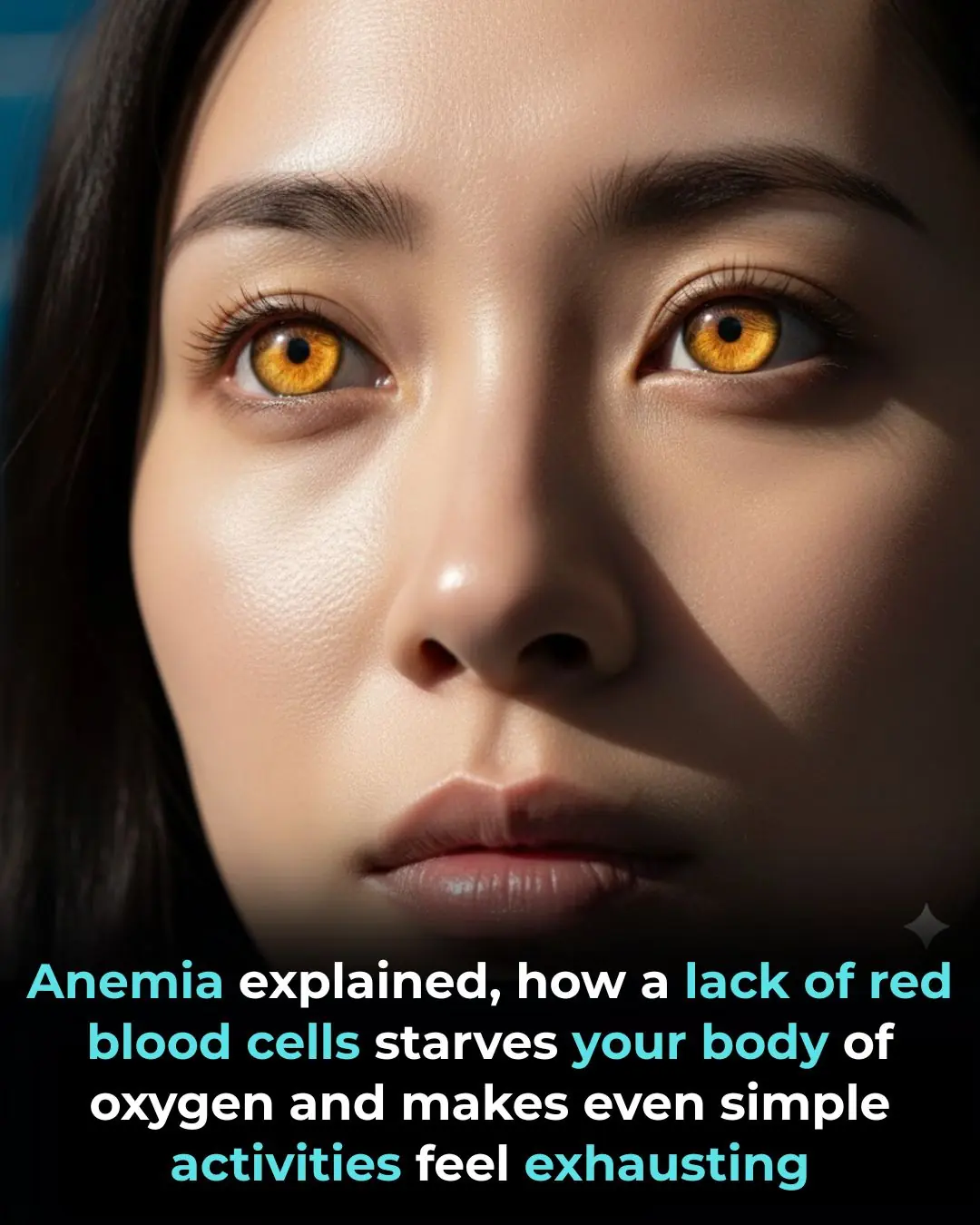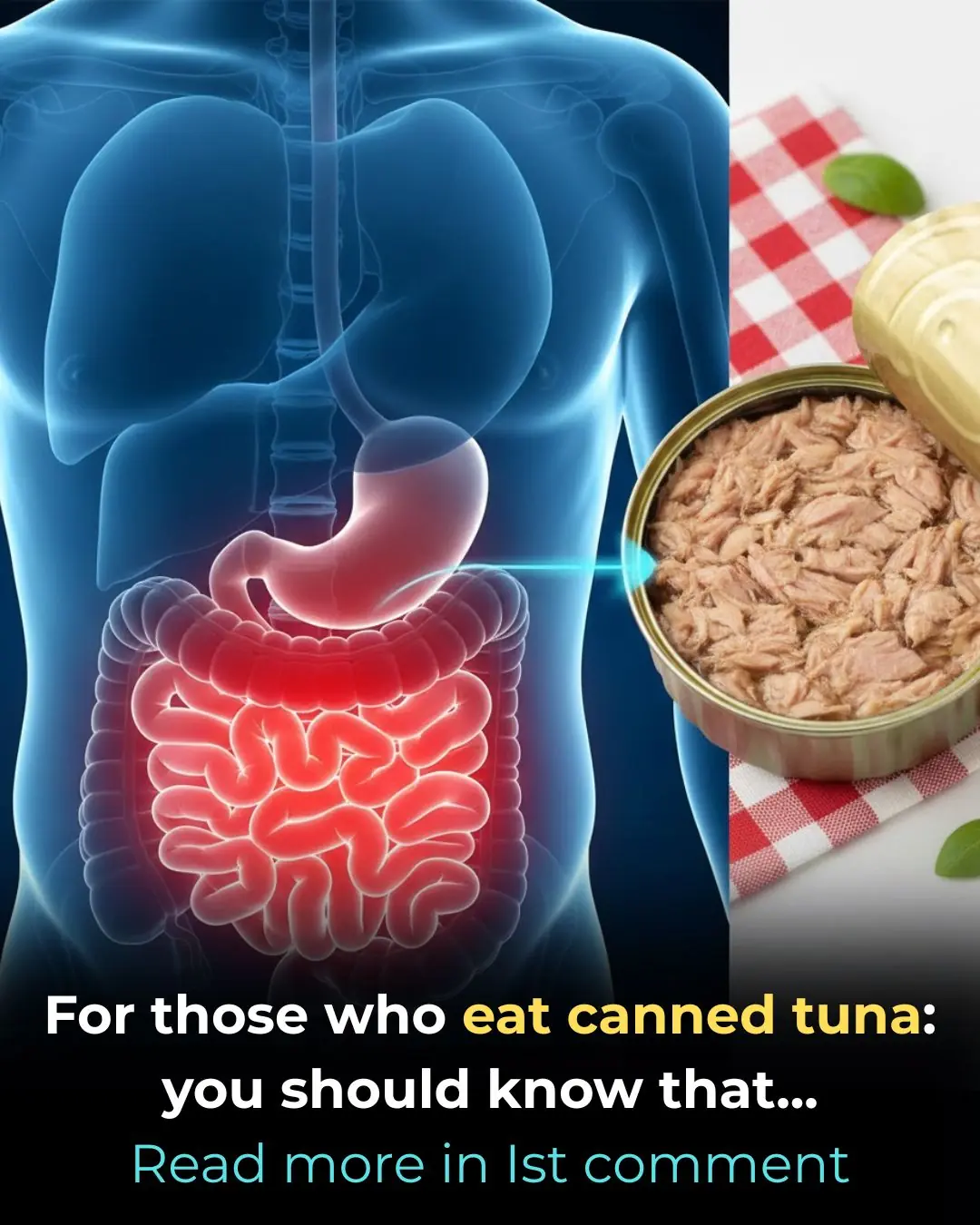
How to Survive a Heart Attack When You’re Alone: Immediate Steps You Must Take
How to Survive a Heart Attack When You’re Alone: Immediate Steps You Must Take
A heart attack can strike without warning — and in many cases, the victim is completely alone when symptoms begin. Heart disease remains the world’s number one killer, often connected to poor diet, obesity, smoking, diabetes, high blood pressure, stress, and genetic predisposition (American Heart Association). Knowing exactly what to do in the first critical minutes can literally determine whether you survive.
This guide explains how to recognize early symptoms, what to do immediately, and what not to do. Acting fast is essential — because during a heart attack, every minute of delayed treatment increases the amount of permanent heart damage (Mayo Clinic).

Key Takeaways
-
Learn to recognize the early symptoms of a heart attack — especially subtle ones.
-
Call emergency services right away — never attempt to drive yourself.
-
Chew aspirin only if the dispatcher confirms it’s appropriate for you.
-
Stay calm, stay still, and position your body for easier breathing.
-
Avoid food, drinks, or exertion while waiting for help.
Understanding Heart Attacks
A heart attack (medically called myocardial infarction) occurs when blood flow to part of the heart becomes blocked — typically by plaque buildup or a blood clot in the coronary arteries. Without oxygen, heart muscle tissue begins to die within minutes.
The longer the blockage lasts, the more severe and permanent the damage becomes. This is why emergency responders prioritize restoring blood flow as quickly as possible (Cleveland Clinic).
Common Symptoms of a Heart Attack
Recognizing symptoms early gives you the best chance of survival. Signs may come on suddenly or gradually. Classic symptoms include:
1. Chest Discomfort
A sensation of pressure, burning, tightness, fullness, or heaviness. Many describe it as “an elephant sitting on your chest.”
2. Radiating Pain
Pain or discomfort spreading to:
-
One or both arms
-
Back
-
Neck
-
Jaw
-
Stomach
(American Heart Association)
3. Shortness of Breath
You may struggle to breathe, even at rest, or feel unable to take a full breath.
4. Cold Sweats
Unexplained cold sweating or clamminess is a major warning sign.
5. Nausea or Indigestion
Some people (especially women) experience nausea, vomiting, or stomach discomfort rather than sharp chest pain.
6. Dizziness or Lightheadedness
Feeling faint or weak may accompany chest discomfort.
7. Unusual Fatigue
Women often report extreme tiredness days or weeks beforehand (CDC).
8. Irregular Heartbeats
A racing, fluttering, or pounding heartbeat may indicate electrical instability in the heart.
Anyone with heart disease, diabetes, high blood pressure, obesity, or a family history of premature heart attacks is at significantly higher risk.
Immediate Steps to Take if You’re Alone
If you suspect a heart attack, seconds matter. Here’s exactly what to do:
1. Call Emergency Services Immediately
Dial 911 (or your country’s emergency number) as your FIRST action.
Early medical intervention improves survival dramatically (Mayo Clinic).
2. Stay on the Line
Stay connected with the dispatcher. They can provide life-saving instructions and determine whether aspirin or other steps are safe for you.
3. Chew Aspirin — ONLY if Directed
If the dispatcher approves:
-
Chew one 325 mg aspirin, or
-
Two 81 mg baby aspirin
Chewing helps it enter the bloodstream faster, slowing clot formation (American Heart Association).
Do NOT take aspirin if:
-
You are allergic
-
You have been told to avoid NSAIDs
-
You have active bleeding issues
-
The dispatcher instructs you not to
4. Stay Calm and Limit Movement
Panic increases heart strain. Slow, deep breathing helps maintain oxygen flow and prevent worsening symptoms.
5. Position Yourself Safely
Sit or lie on the floor rather than a bed (low risk of falling).
The best position is:
-
Half-sitting, with the upper body raised
-
Knees bent to ease pressure on the heart
A pillow or rolled towel behind your back and knees may help with breathing.
6. Avoid Eating or Drinking
Food or drink may interfere with emergency treatment or increase nausea.
7. Unlock Your Door if Possible
This helps responders reach you quickly if you become unconscious.
Why You Should NEVER Drive Yourself
Even if you believe you can make it, driving yourself is extremely dangerous:
-
You may lose consciousness
-
You may go into cardiac arrest
-
You endanger others on the road
Ambulances provide oxygen, defibrillators, ECG monitoring, and medication — tools that dramatically improve survival before reaching the hospital.
(American College of Cardiology)
The Importance of Awareness
Heart attacks can begin subtly. Many people delay seeking help because they “aren’t sure,” and this hesitation is one of the leading contributors to poor outcomes (National Institutes of Health).
Sharing this knowledge with friends and family ensures more people know how to act quickly in an emergency.
Conclusion
Heart attacks are medical emergencies — but knowing the right steps can dramatically increase your chances of survival.
Remember:
-
Recognize symptoms immediately
-
Call emergency services first
-
Chew aspirin only if advised
-
Stay calm and stay still
-
Wait for trained medical help
Your ability to act quickly — even when alone — could save your life. Stay informed, stay prepared, and take care of your heart.
News in the same category

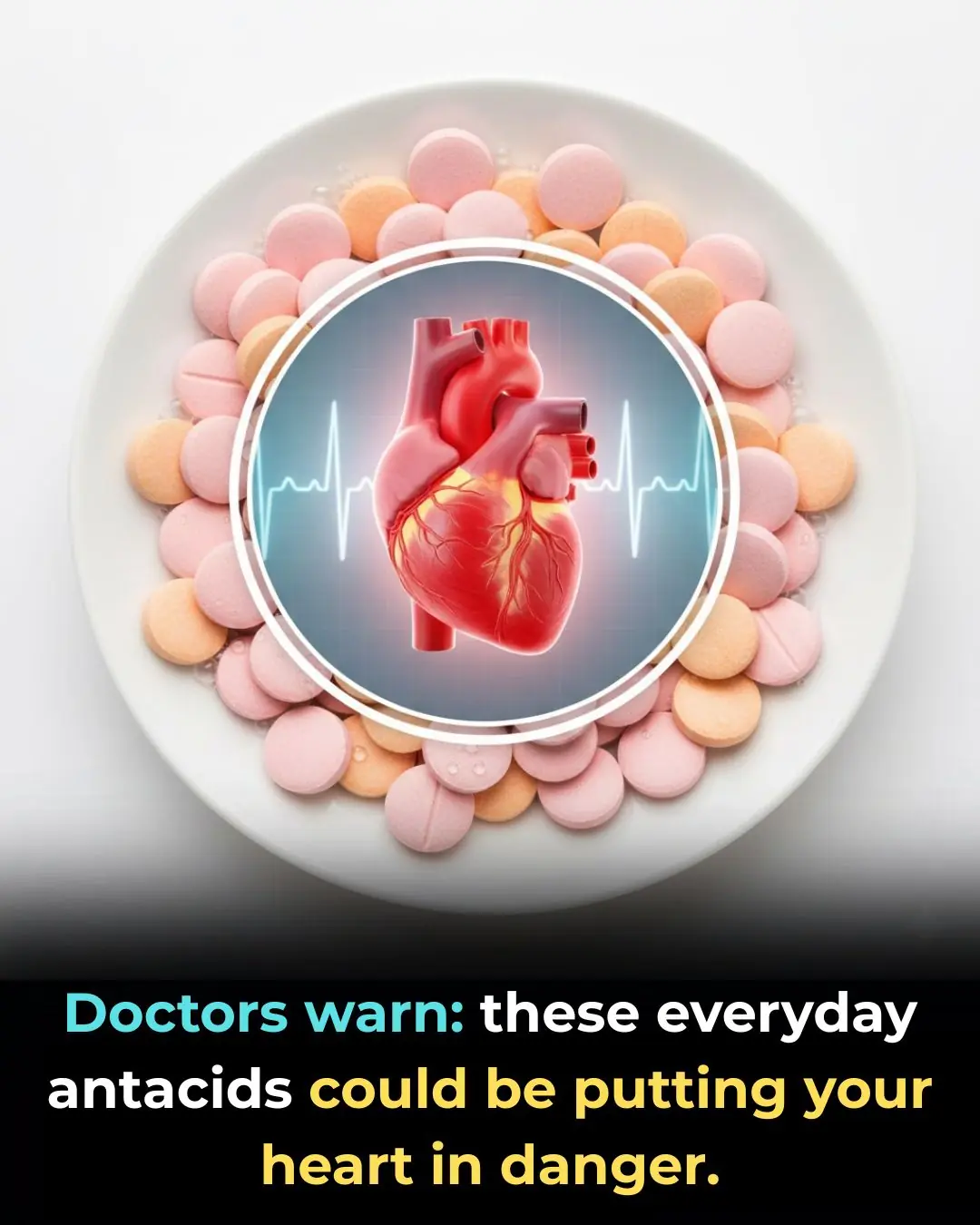
Doctors warn: these everyday antacids could be putting your heart in danger
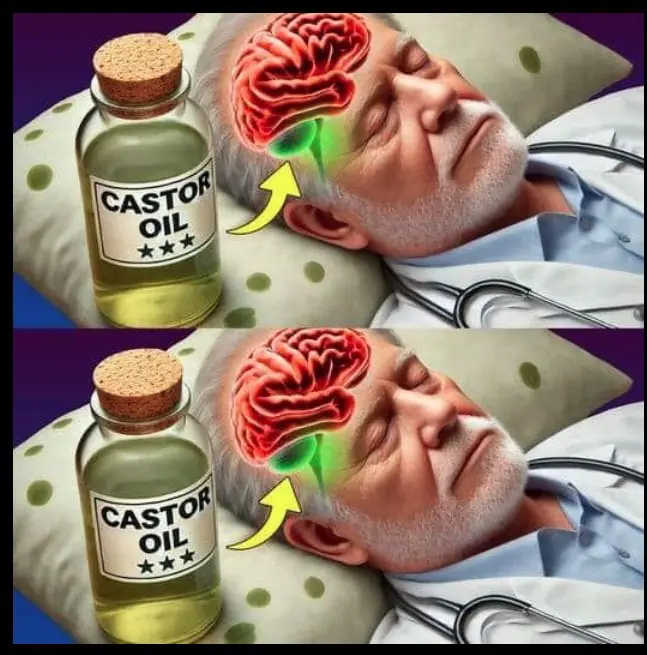
Doctors Reveal What Really Happens When You Use Castor Oil
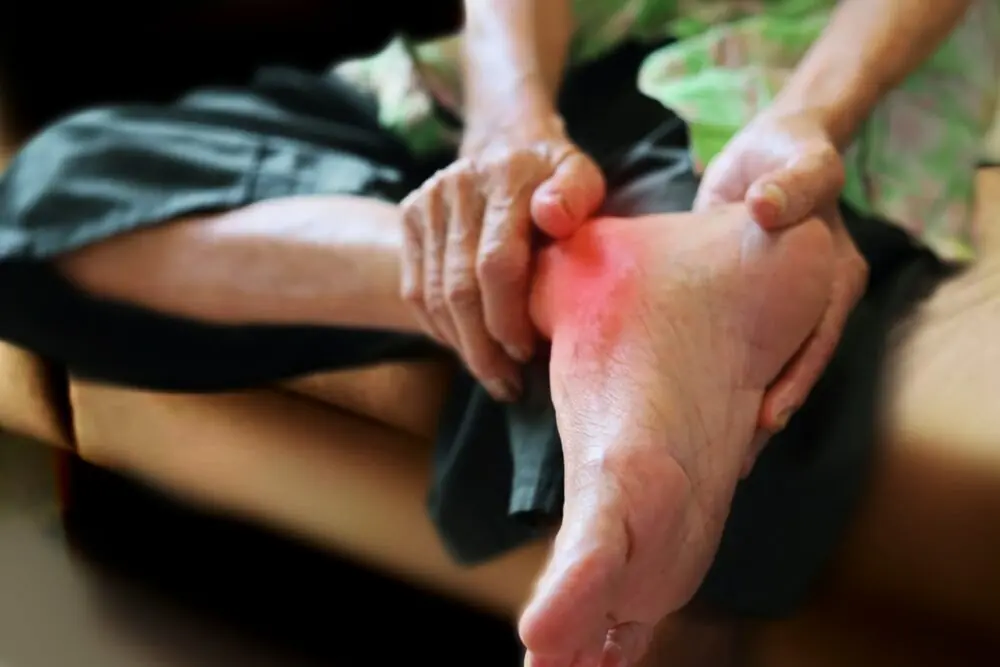
The Natural Secret Doctors Never Tell You That Melts Away Uric Acid Fast
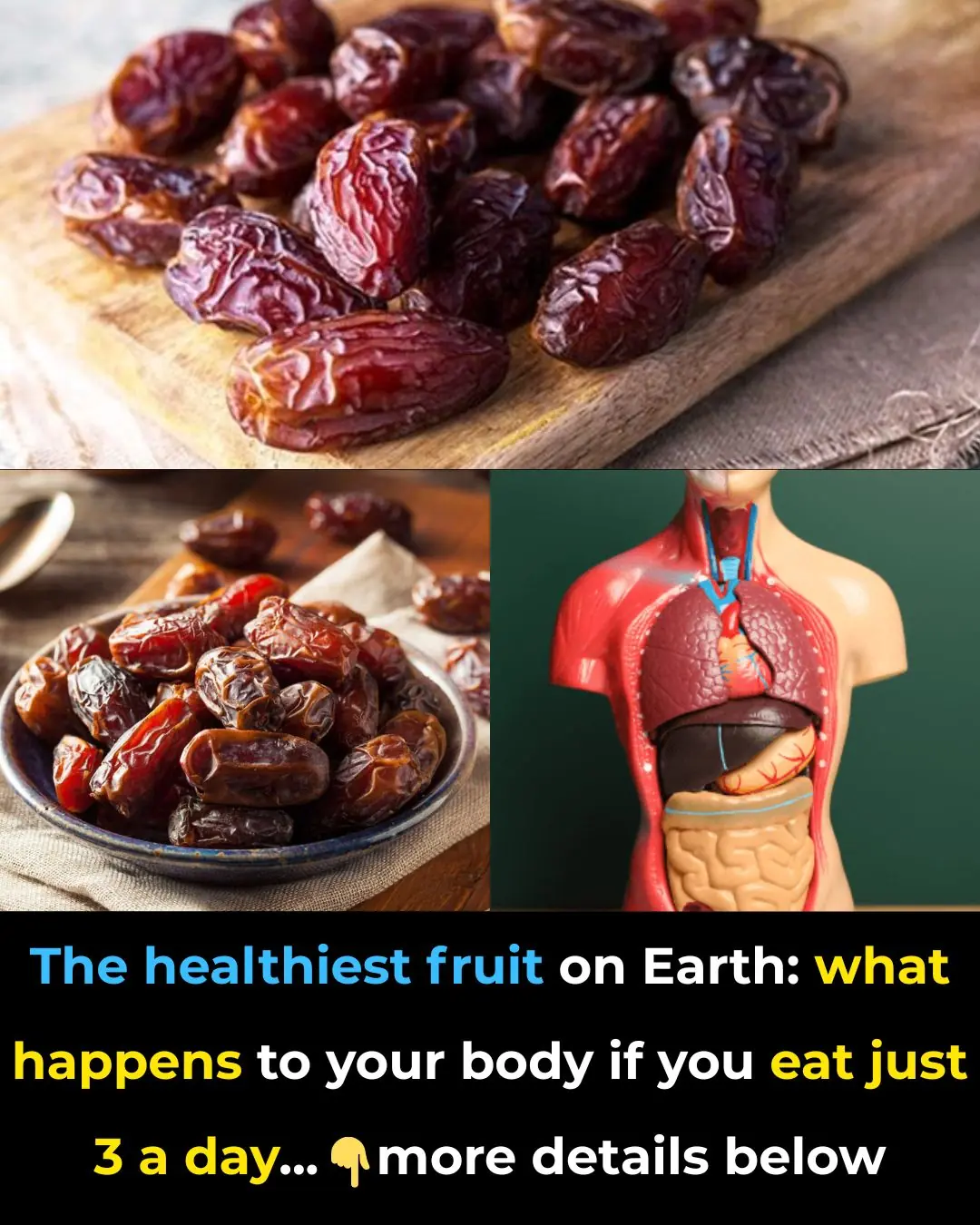
9 Convincing Reasons to Consume More Dates
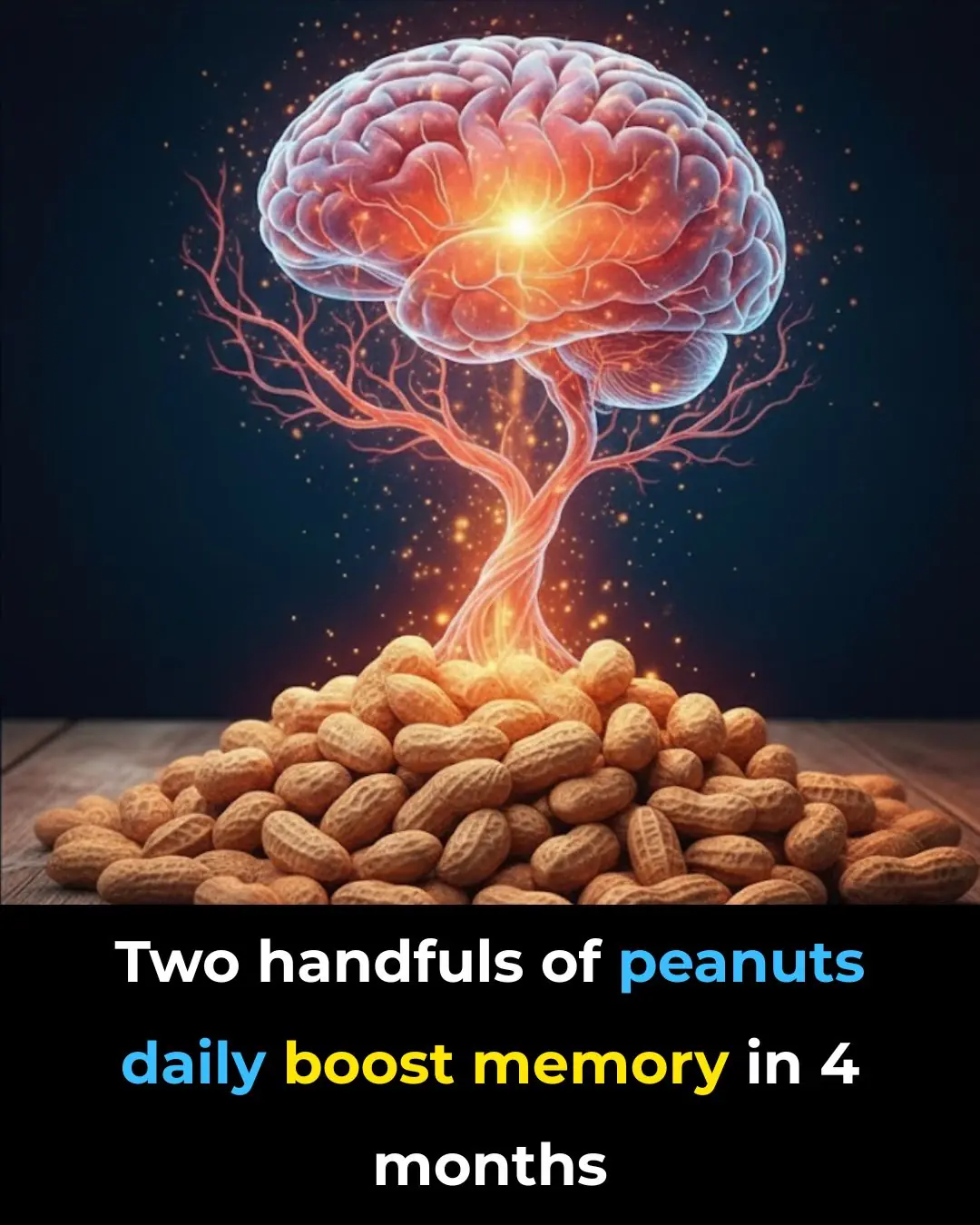
Two handfuls of peanuts daily boost memory in 4 months
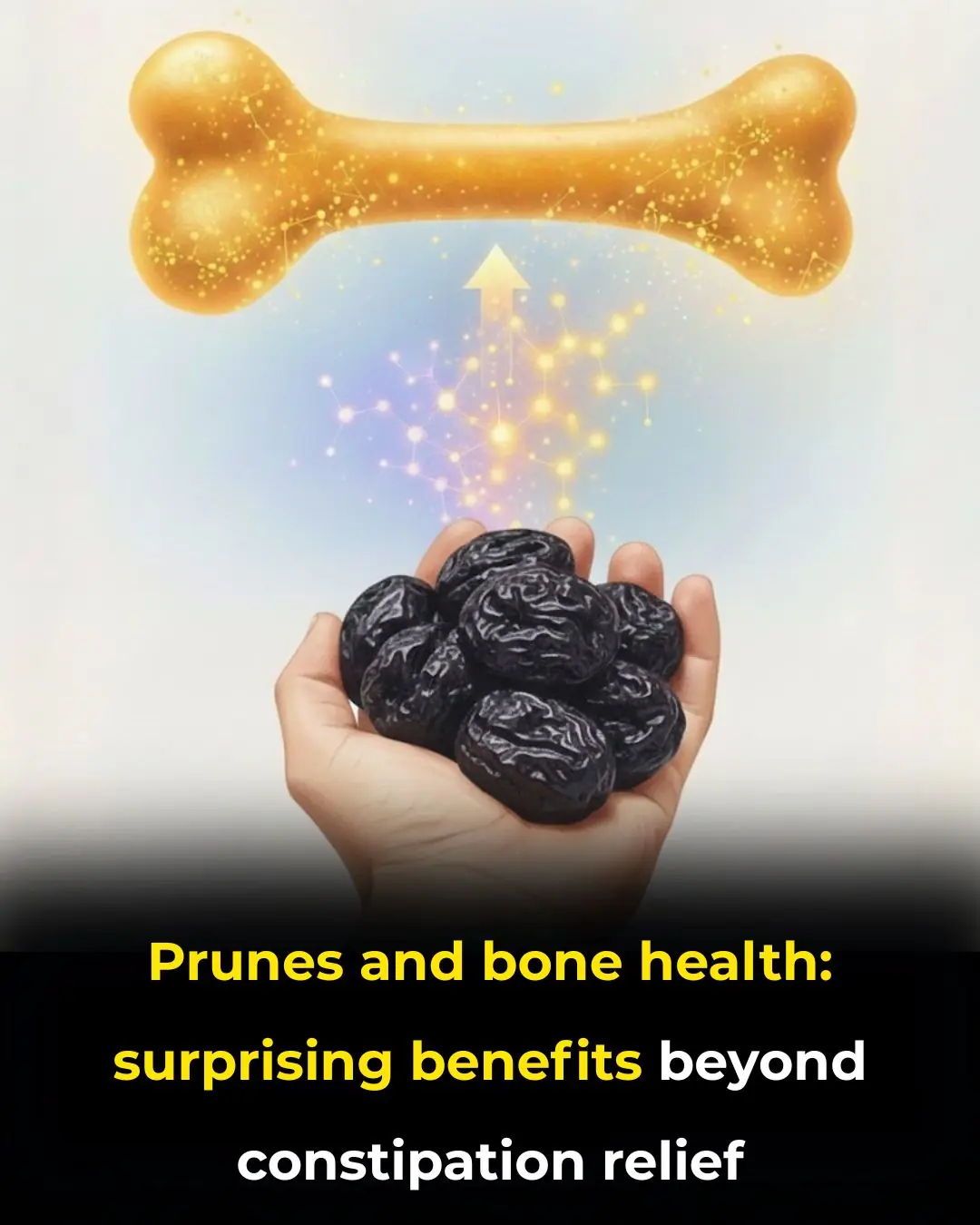
Prunes and bone health: surprising benefits beyond constipation relief
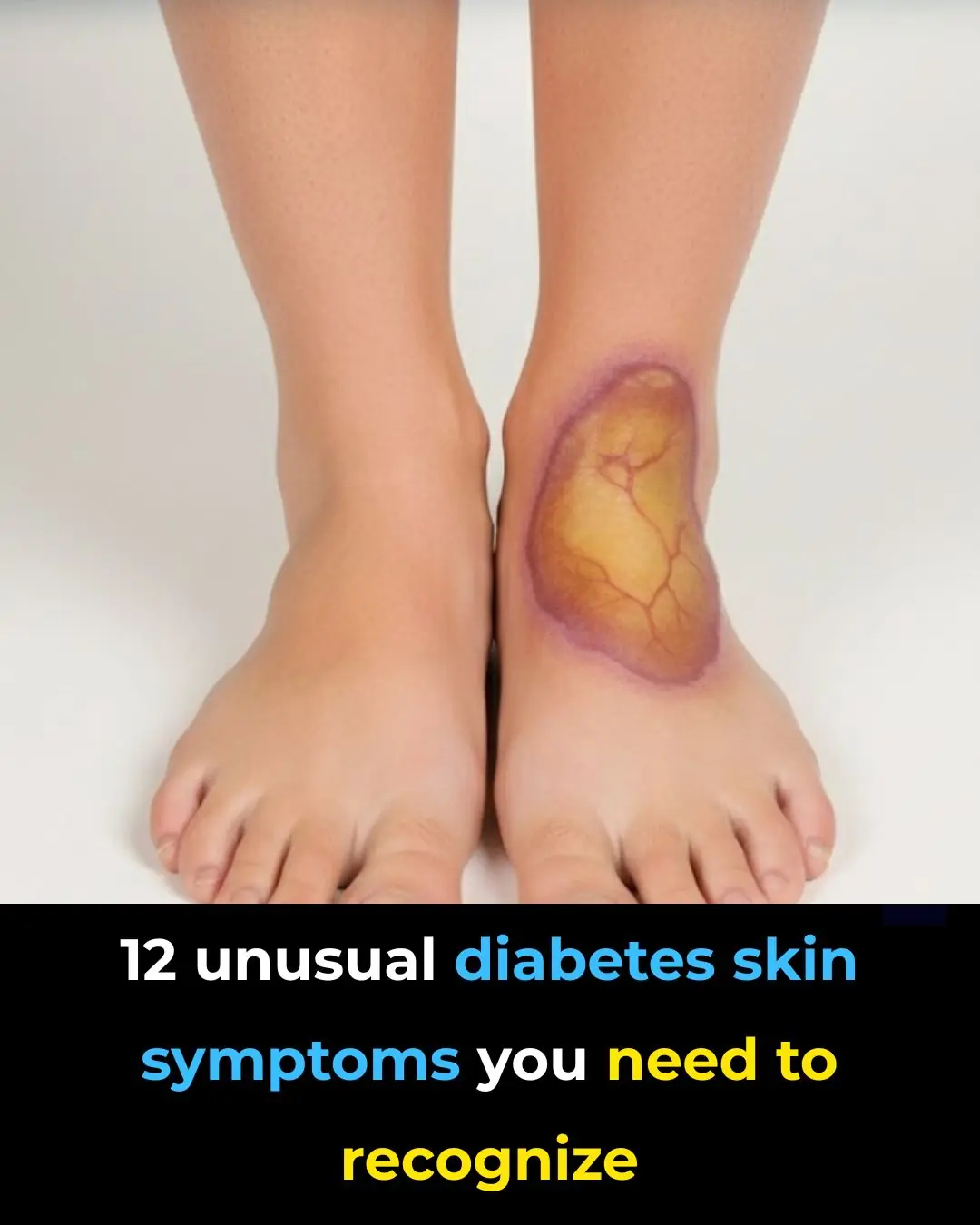
12 Weird Diabetes Skin Problems You Need To Know
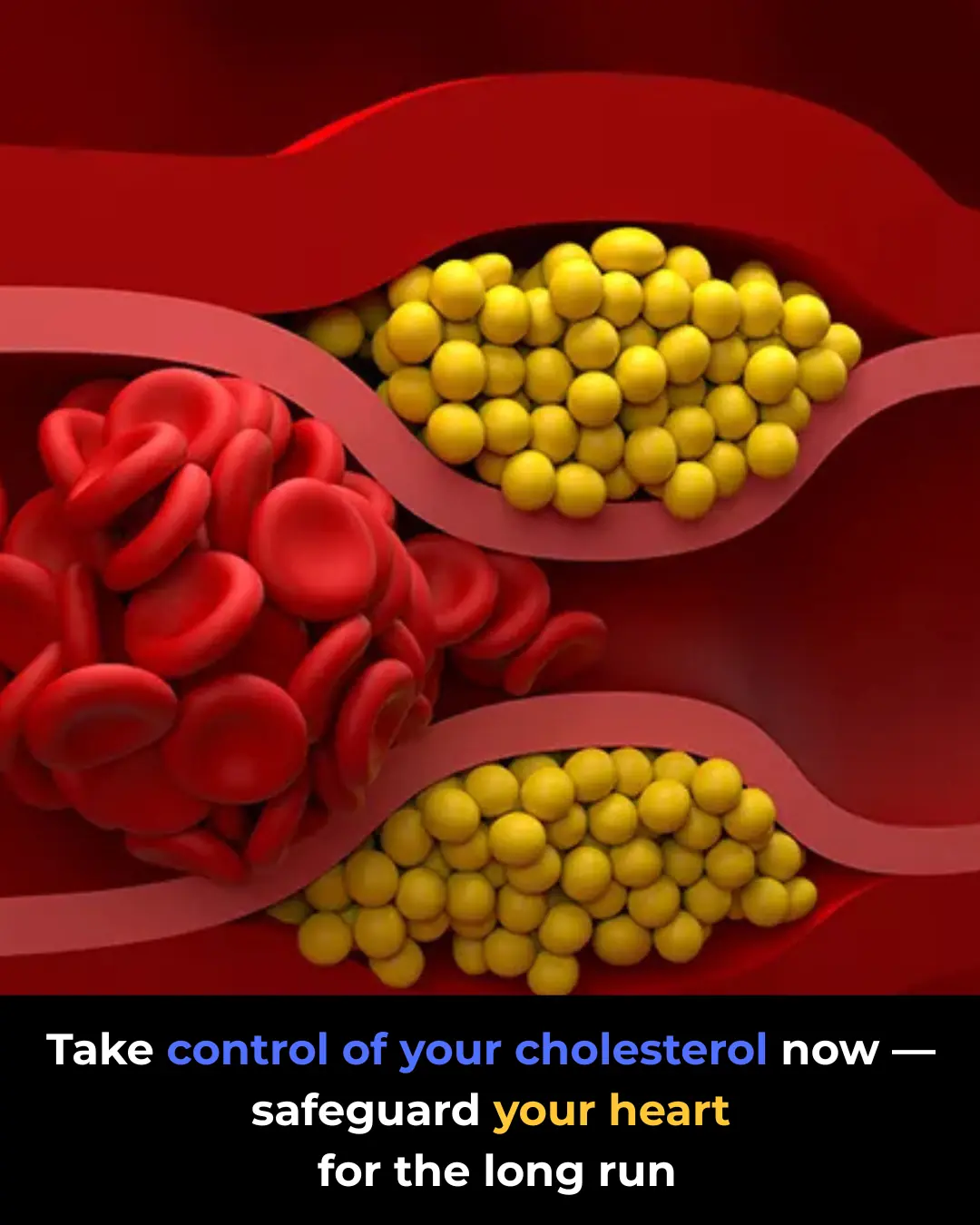
High Cholesterol: Causes, Risks, and Natural Ways to Lower It
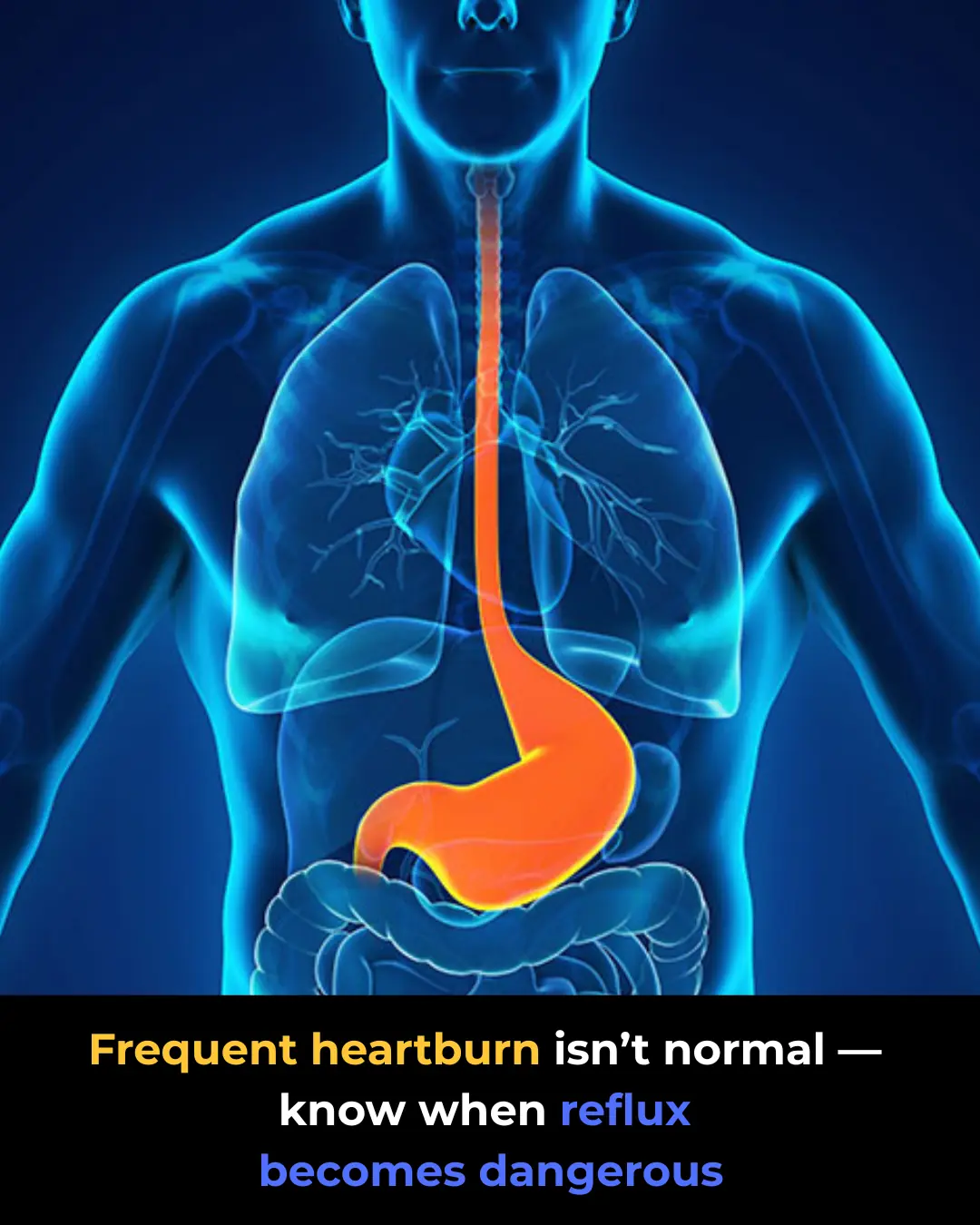
Acid Reflux (GERD): When Should You See a Doctor?
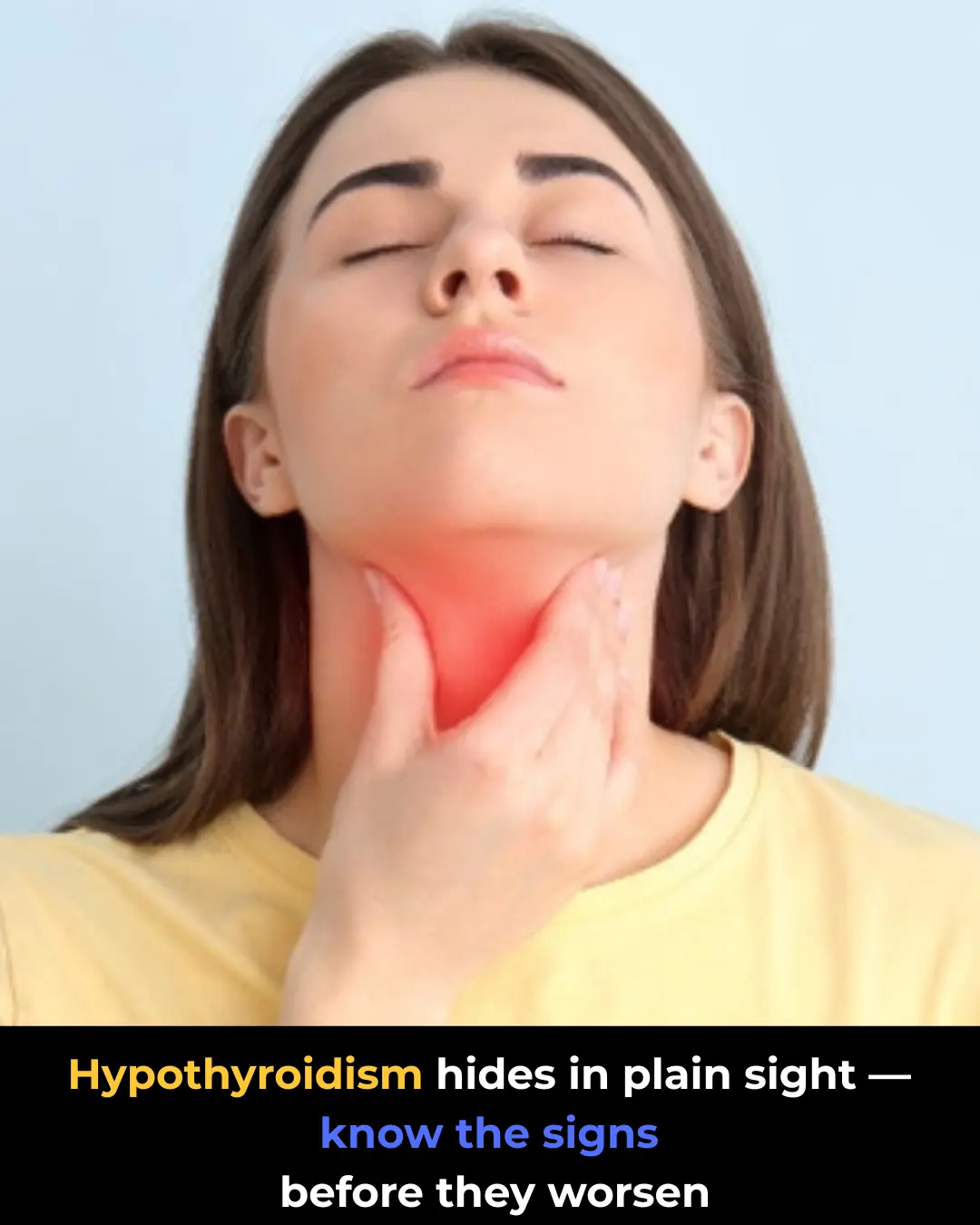
Hypothyroidism: The Silent Condition With Easily Overlooked Symptoms
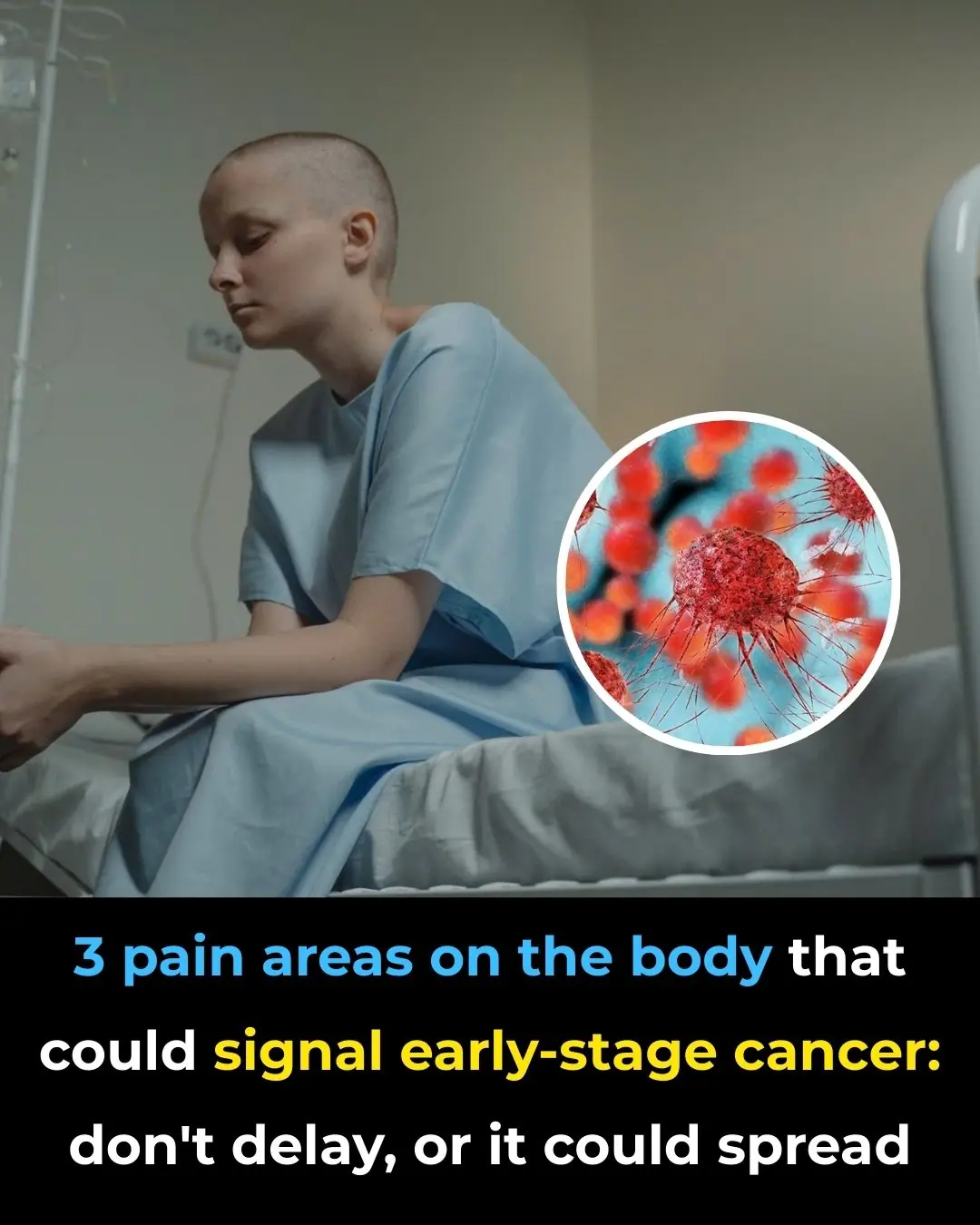
3 pain areas on your body that might be early cancer warning signs

A New Era of Near Vision Clarity Through VIZZ Eye Drops
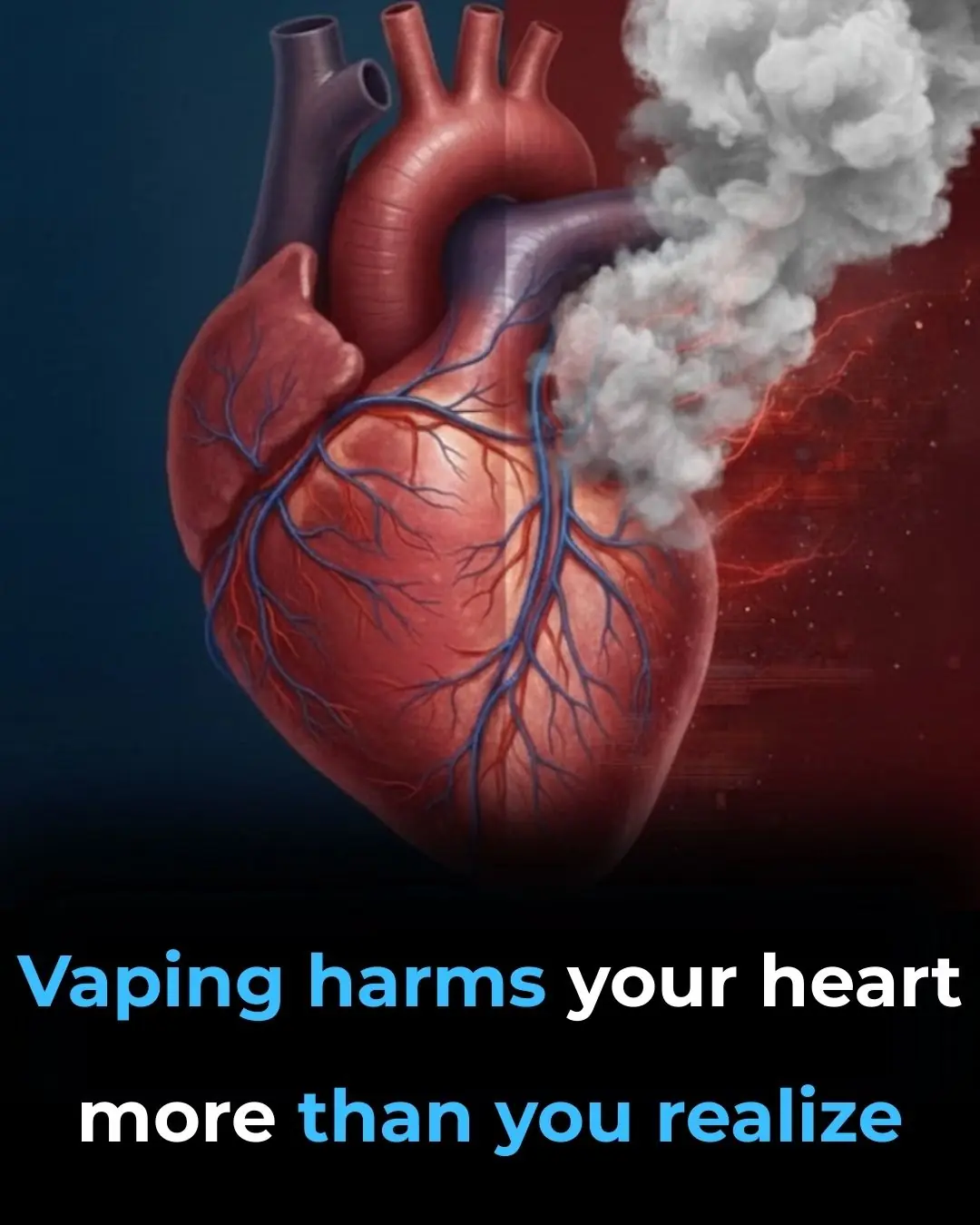
Vaping harms your heart more than you realize
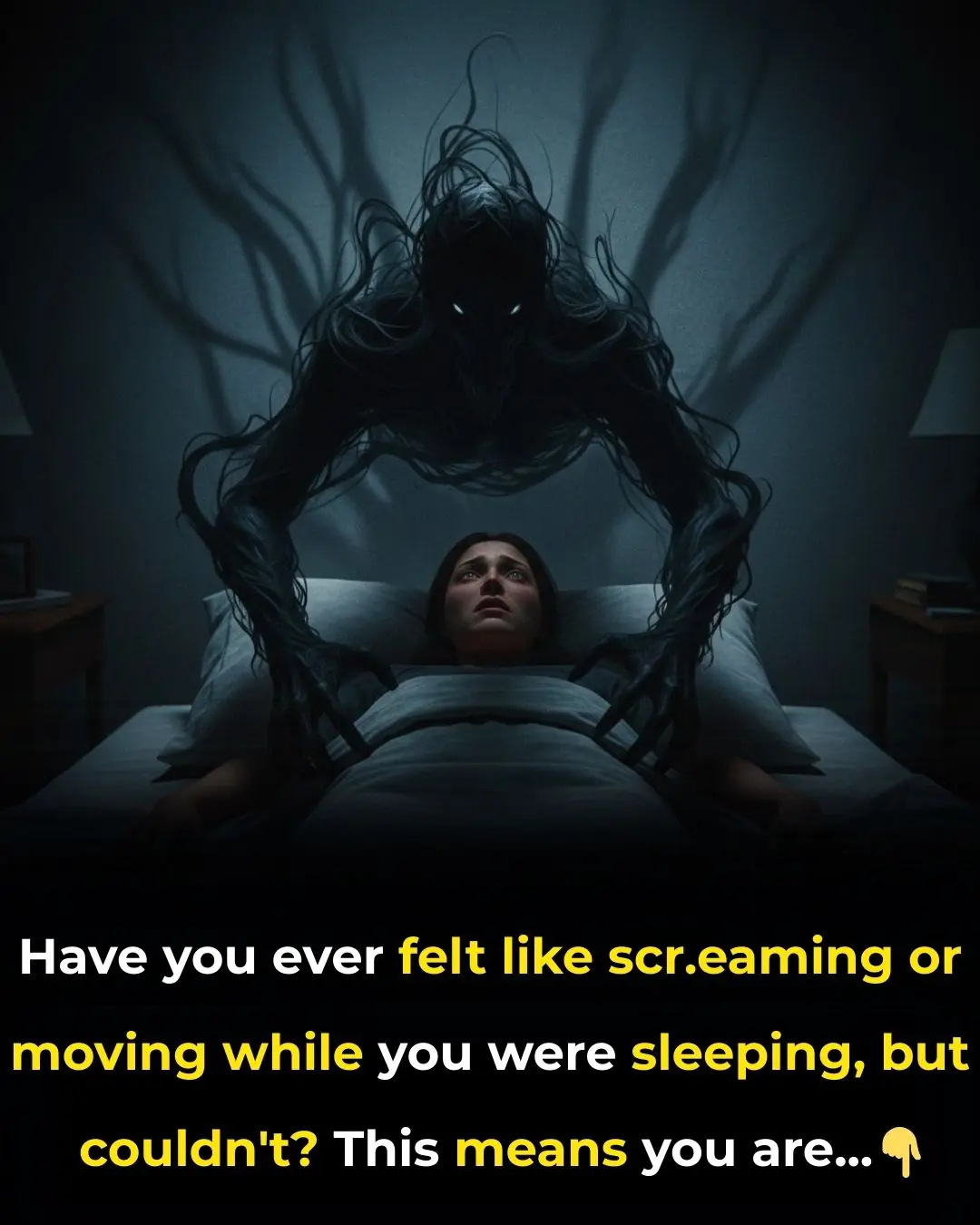
Ever Wake Up But Can’t Move
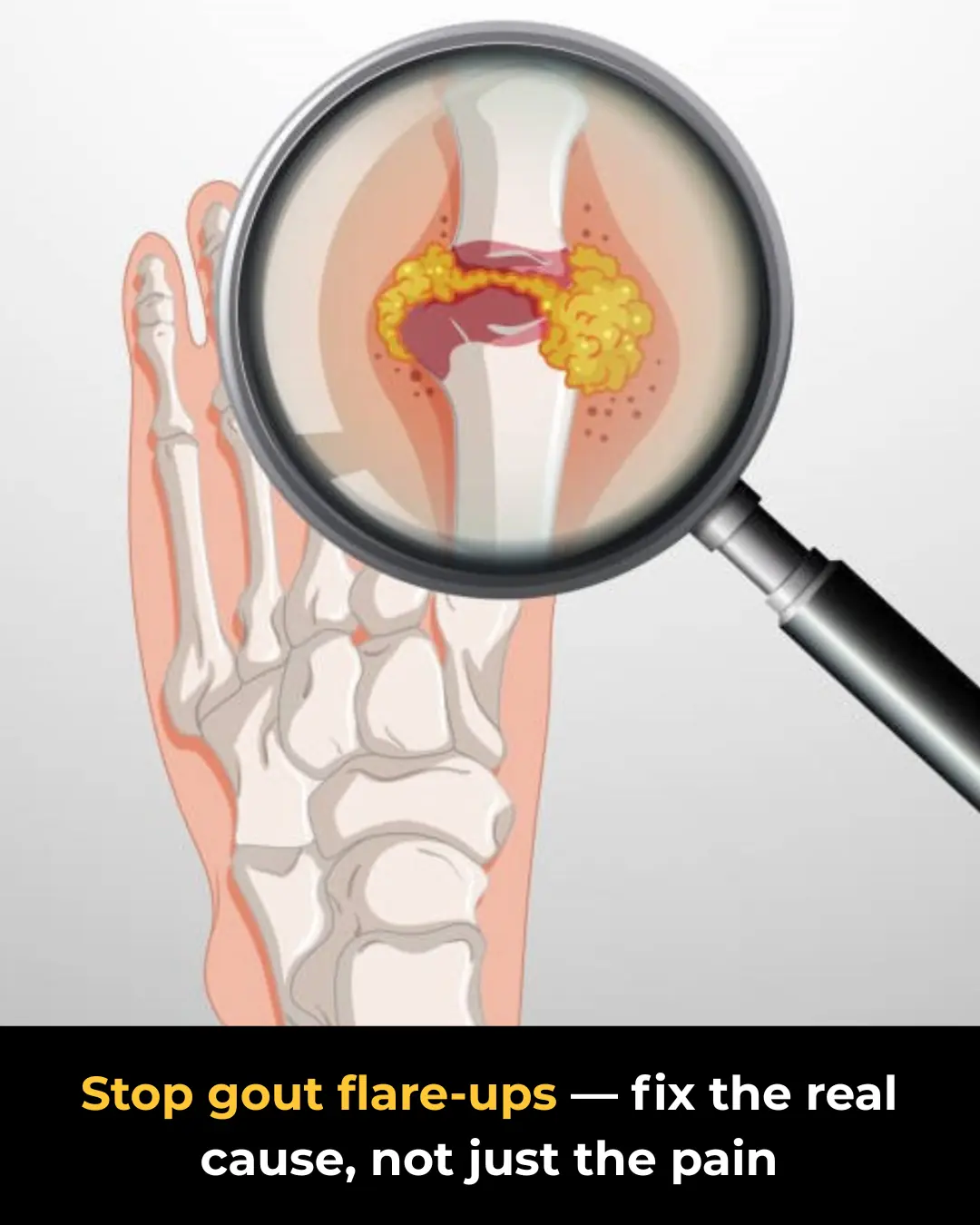
Gout Disease: The Untold Truth and 5 Common Treatment Mistakes
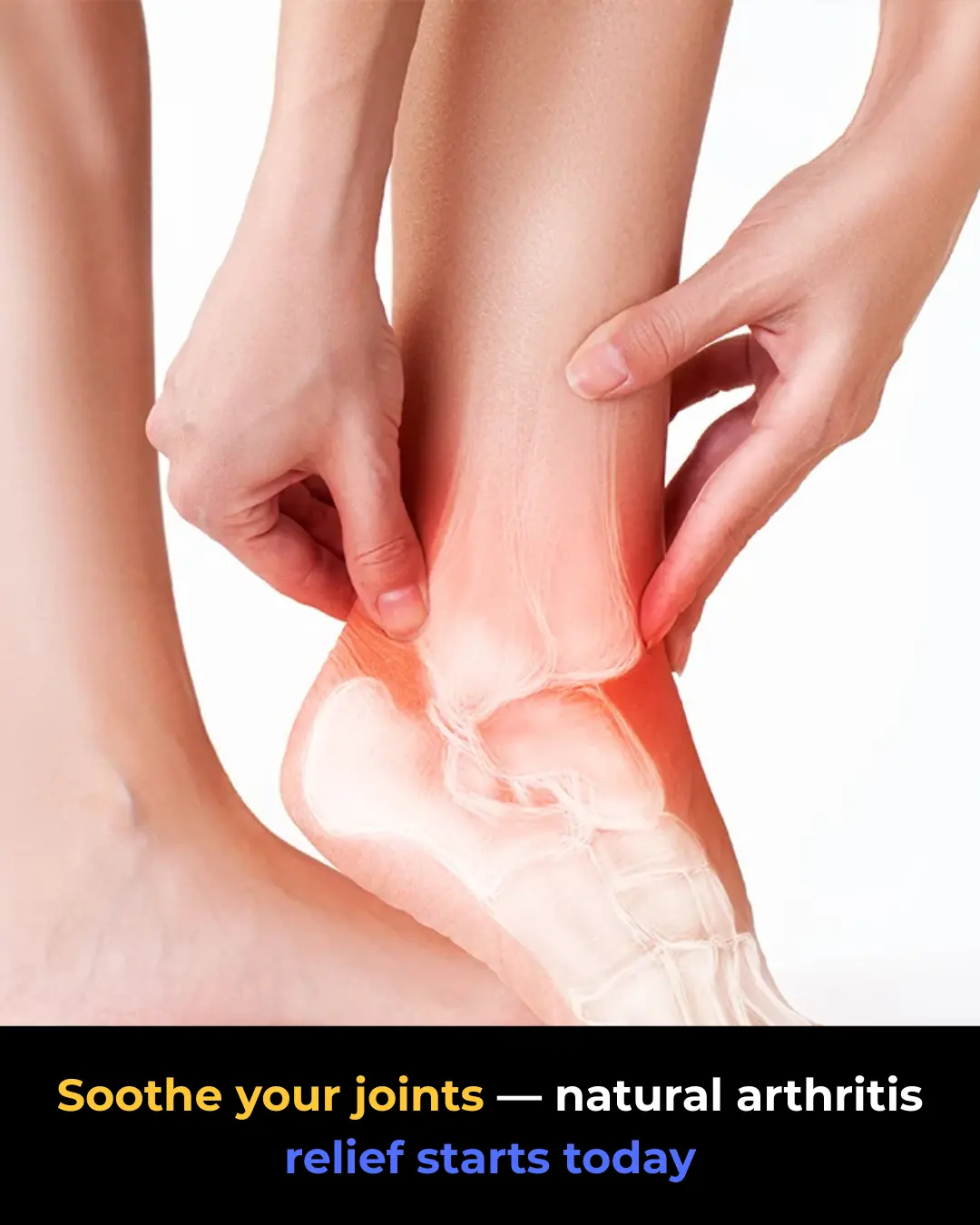
Arthritis Explained: Types, Causes, and Natural Pain Relief Methods
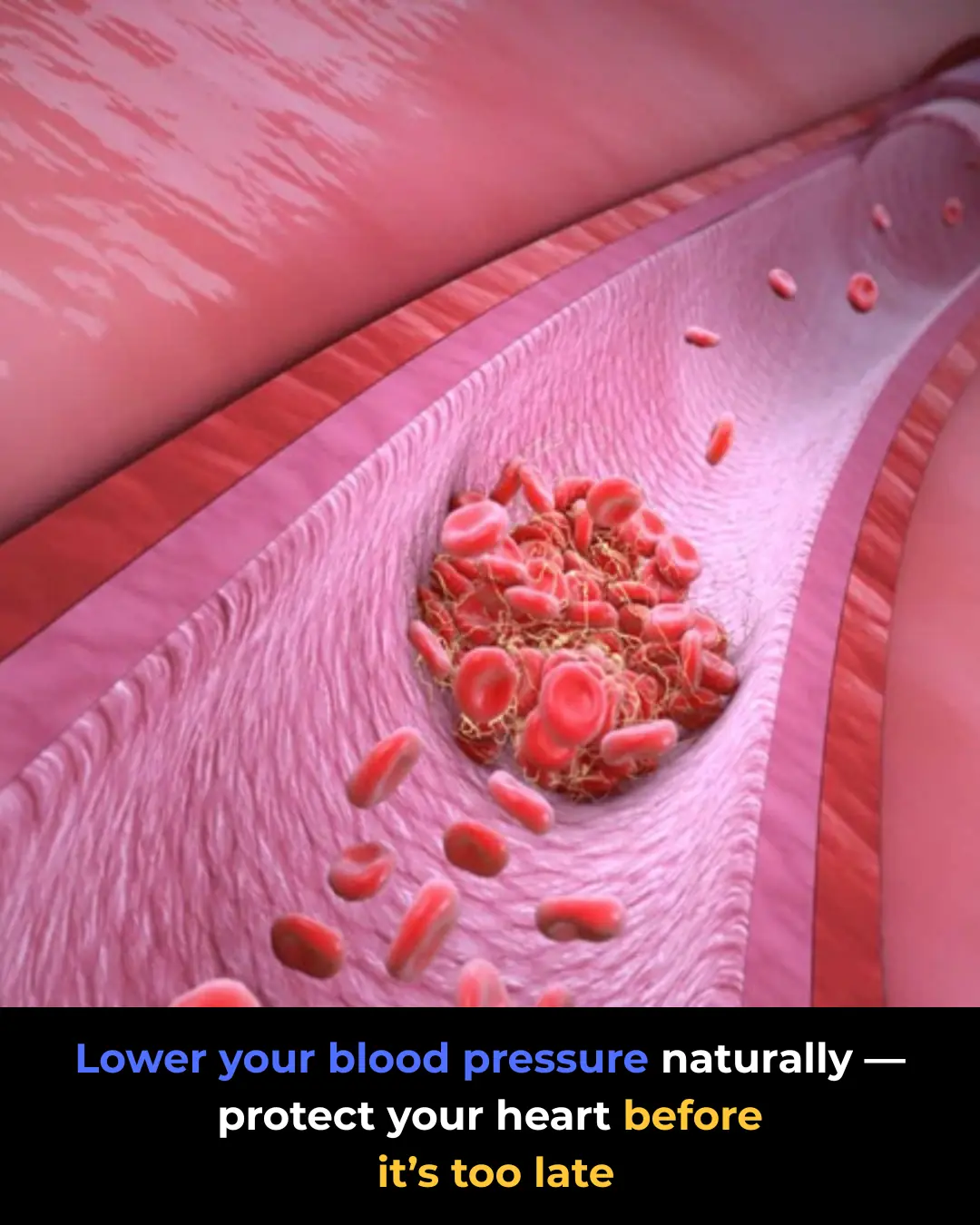
High Blood Pressure: Why It’s Dangerous and How to Stabilize It Naturally
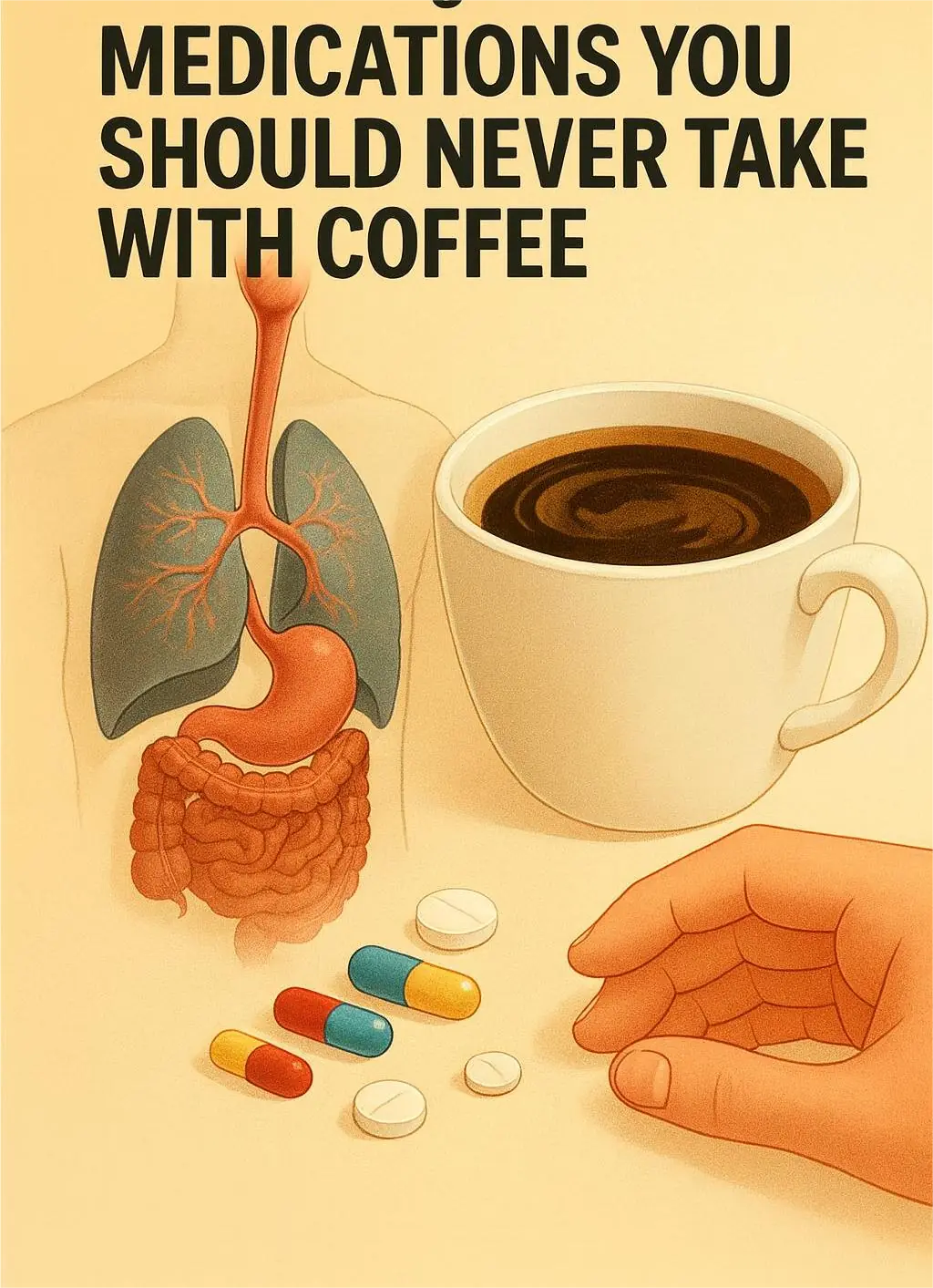
MEDICATIONS YOU SHOULD NEVER TAKE WITH COFFEE
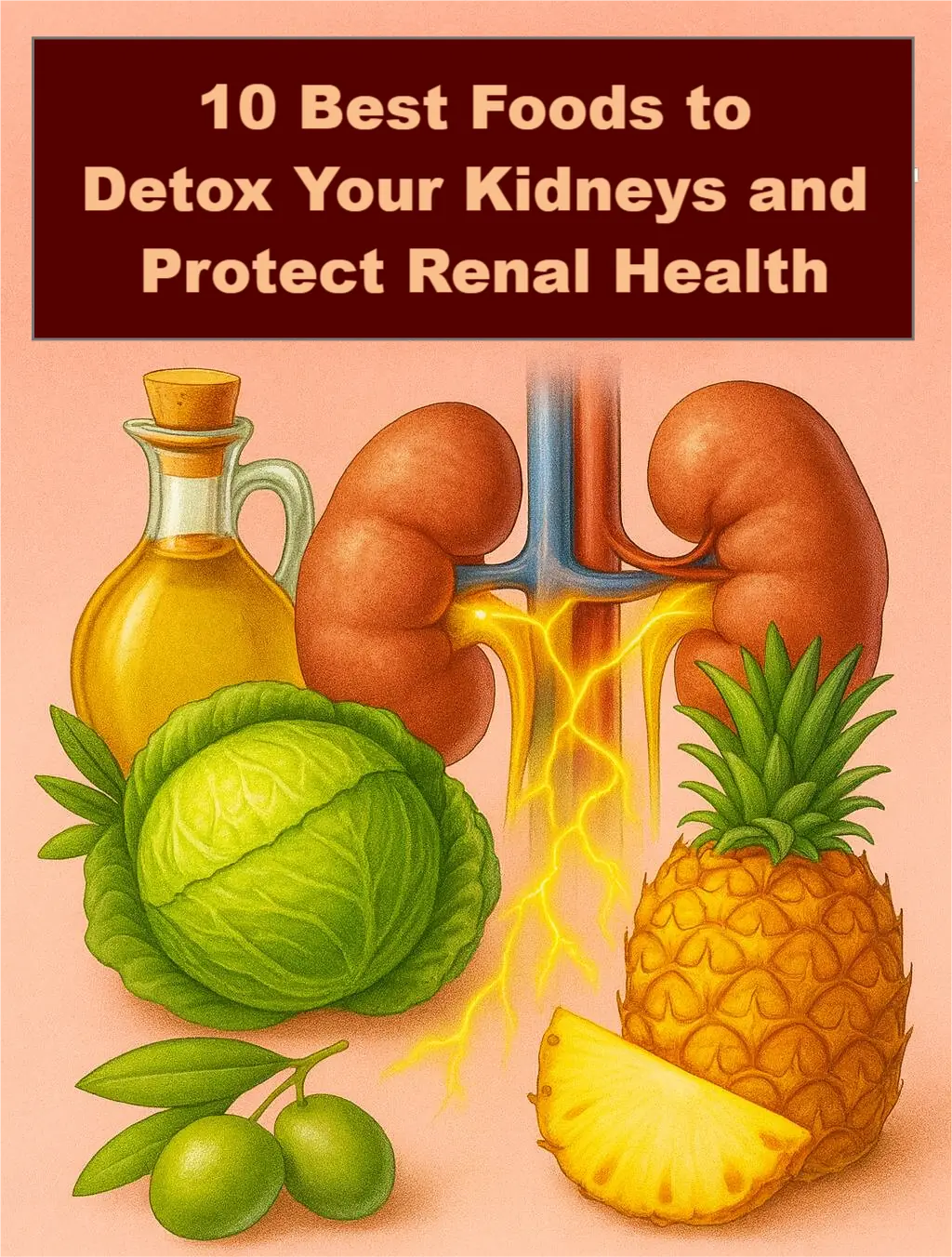
10 Best Foods to Detox Your Kidneys and Protect Renal Health
News Post

A Nearby Earth-Sized World Raising New Hopes for Habitability

How Finnish Forest Kindergartens Let Kids Thrive in Any Weather
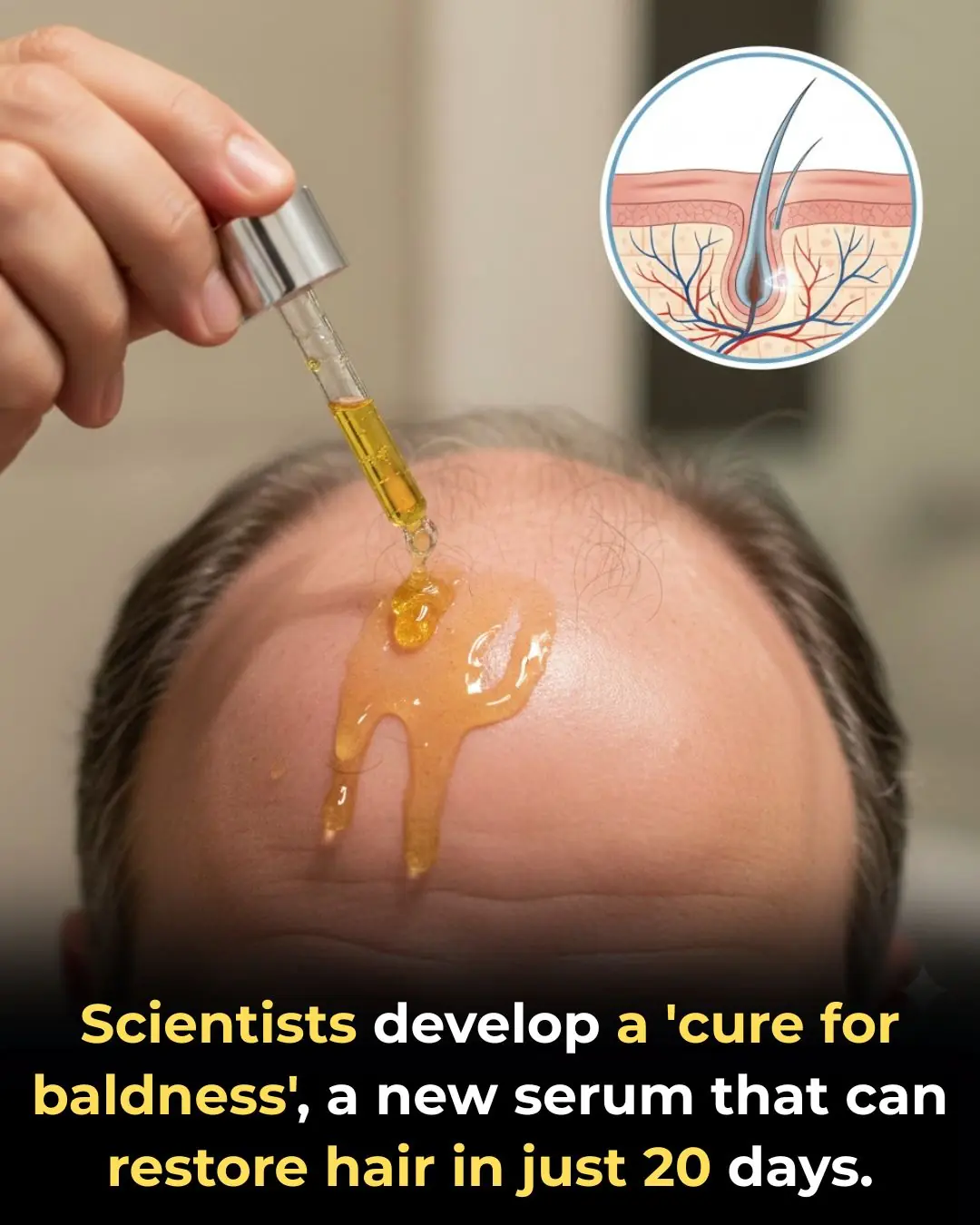
Taiwan Researchers Develop Promising Hair-Regrowth Serum With Dramatic Lab Result
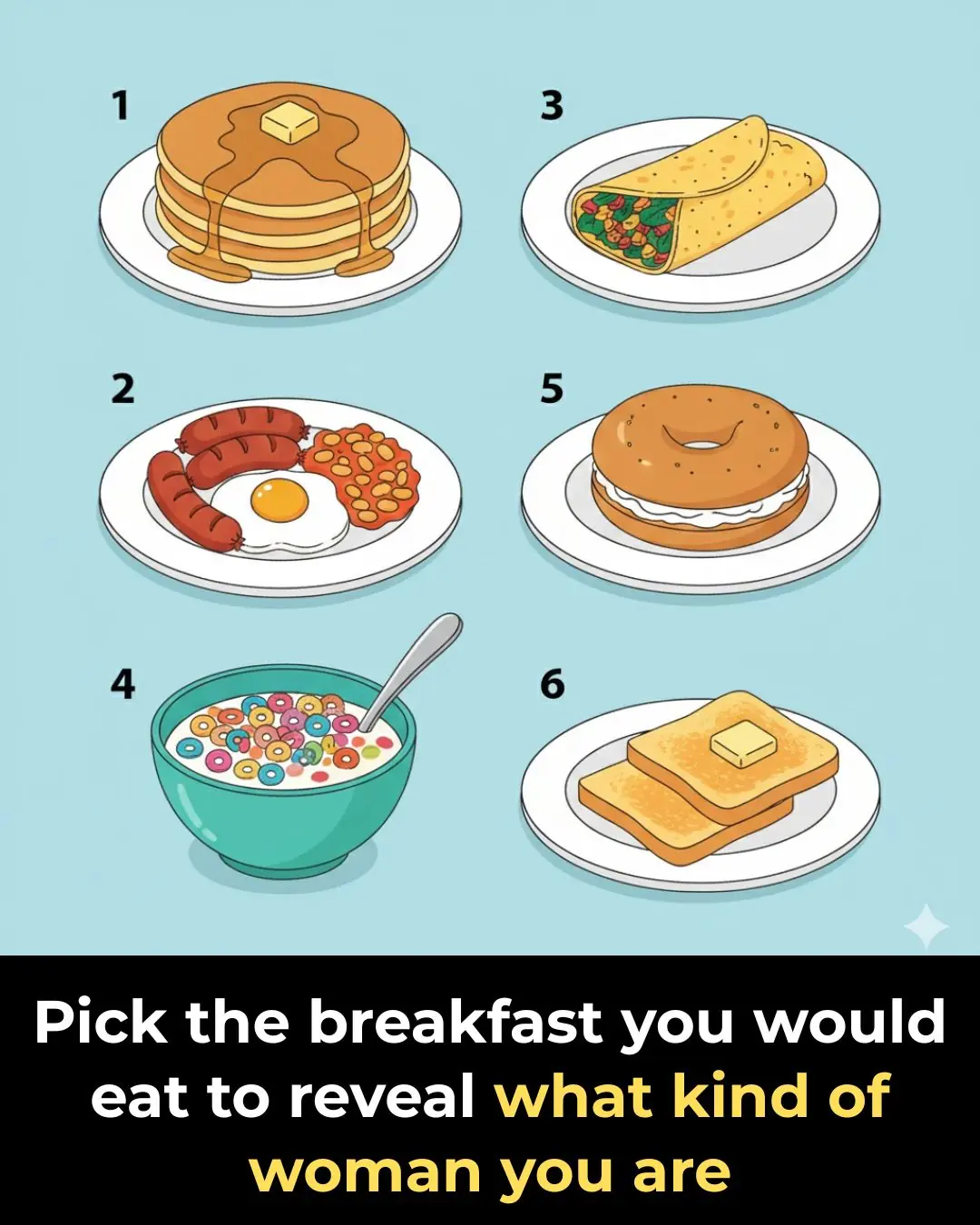
Pick the Breakfast You’d Eat

What Happens to Your Body When You Eat Canned Tuna Every Day
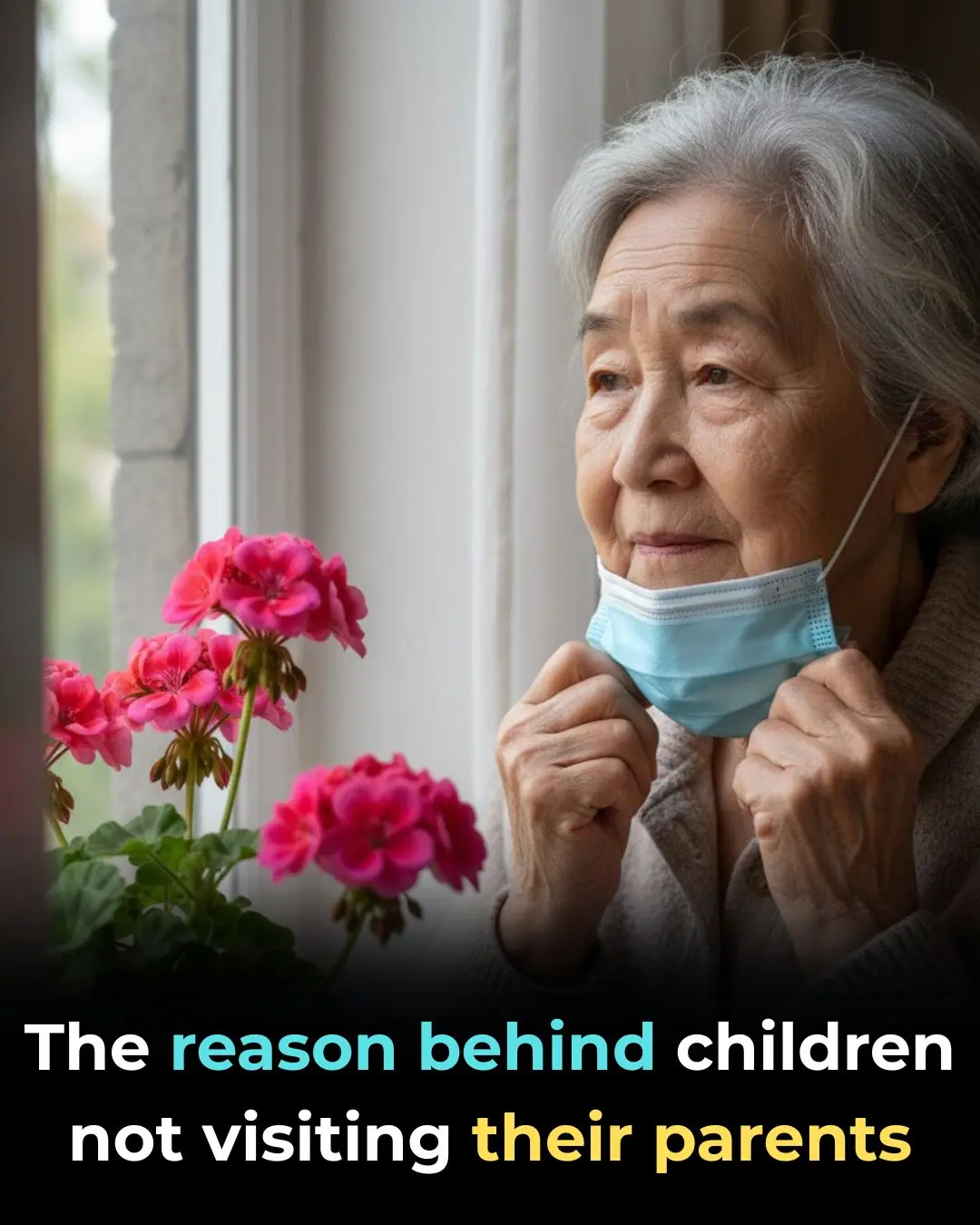
Why Some Children Don’t Visit Their Parents Often

The Hidden Fish Puzzle That’s Stumping the Internet

So this is what it does, here is the answer

The Hidden Details in Women’s Underwear — And What They Really Mean

Experts reveal that eating bananas in the morning cause

Why Cutting Your Own Hair Is About More Than Just Saving Money

Why Are Tree Trunks Painted White
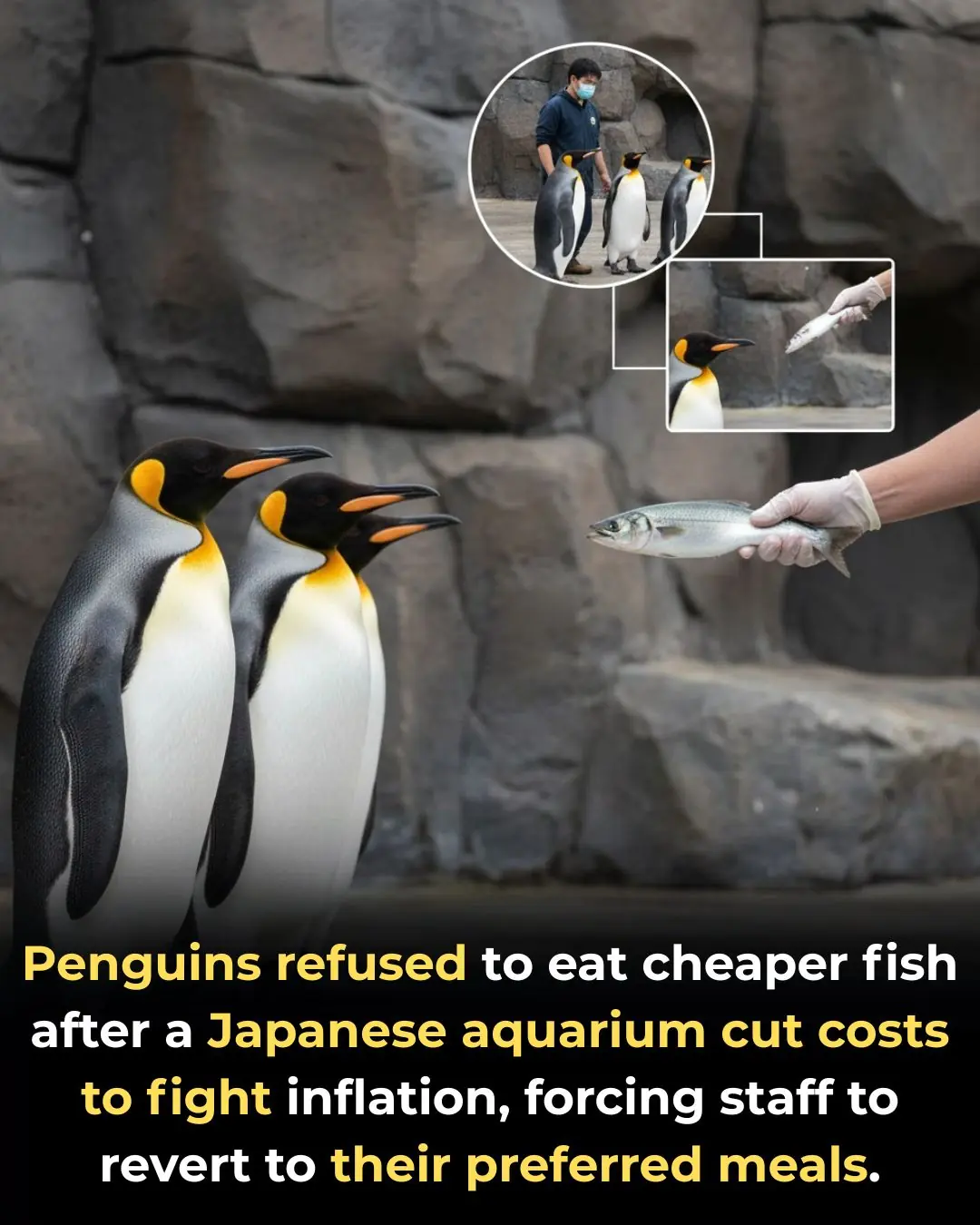
Penguins Reject Cheaper Fish as Japanese Aquarium Tries to Cut Costs

I Thought I Found Insect Eggs Under My Bed

This is the correct way to wash grapes; washing them wrong can make them even dirtier

Emirates Airlines: A Legacy of Unmatched Safety and Reliability in Aviation

Dragon Bravo Fire: Arizona's Megafire Threatens the Grand Canyon and Beyond

The zodiac signs with a supernatural sixth sense… See now

Mussel Beds: New Zealand's Natural Solution for Ocean Health and Sustainability
